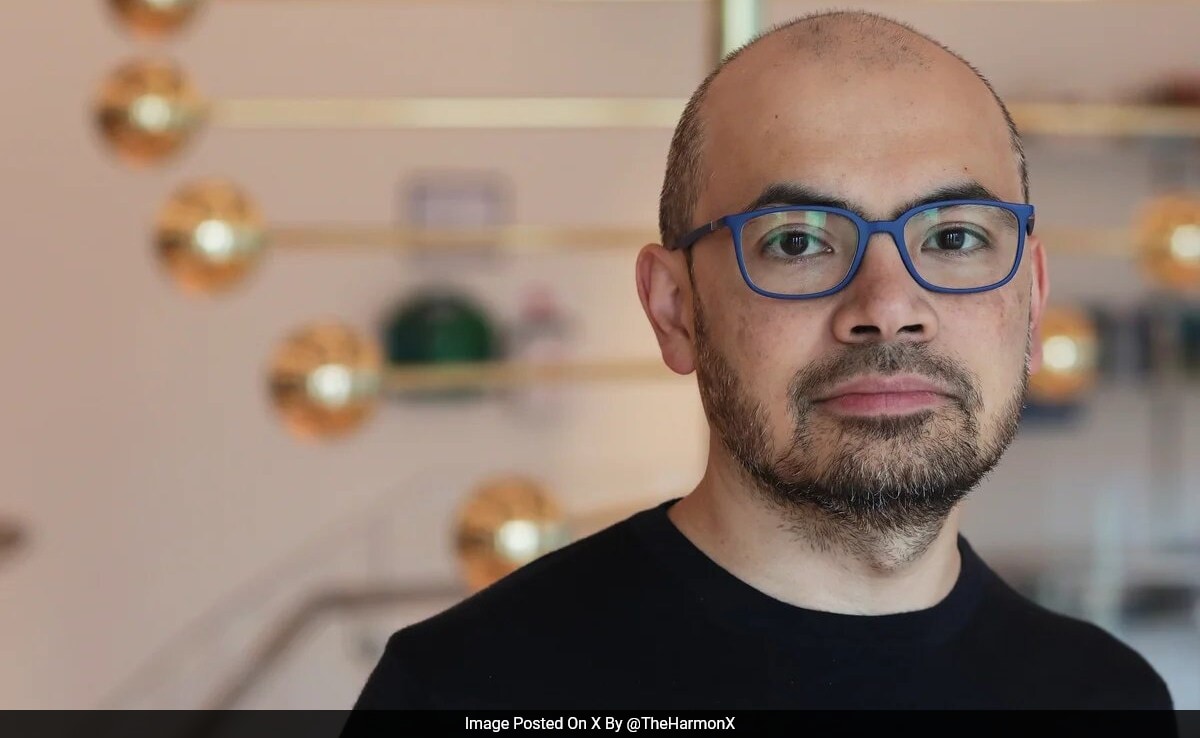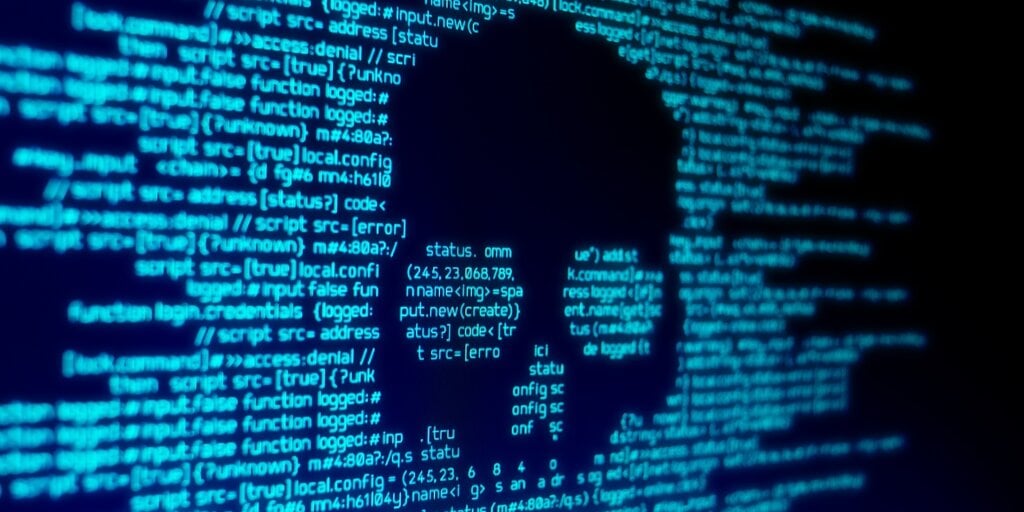DeepMind CEO Demis Hassabis Advises on Future-Proof Studies Amidst AI

Demis Hassabis, CEO of Google DeepMind and a Nobel laureate, has provided guidance for students navigating a future increasingly shaped by artificial intelligence (AI). Speaking at SXSW London, Hassabis emphasized that despite the transformative impact of AI on the global job market, a strong foundation in STEM (Science, Technology, Engineering, and Mathematics) subjects remains crucial for understanding and thriving in the AI era.
He specifically identified mathematics, physics, and computer science as fundamental disciplines. Hassabis stressed, "It's still important to understand fundamentals" in these areas to comprehend "how these systems are put together." He advised students to delve into these core subjects while also encouraging them to utilize modern AI tools to maintain a competitive edge in the evolving work environment.
Looking towards the future, Hassabis projected that AI would not only reshape existing roles but also lead to the creation of “new very valuable jobs” within the next five to ten years. These opportunities, he noted, would primarily be for “technically savvy people who are at the forefront of using these technologies.” Comparing the magnitude of AI's impact to that of the Industrial Revolution, Hassabis expressed optimism regarding human adaptability, despite prevalent concerns about job displacement.
A significant piece of advice from Hassabis centered on the importance of acquiring practical, hands-on experience by directly working with the latest AI tools and systems. “I’d also be experimenting with all the latest AI systems and tools and seeing what’s the best way of utilizing them and making use of them in useful and novel ways,” he recommended. He posited that children growing up today will become “AI native,” similar to how earlier generations became familiar with the internet. This innate fluency with AI will be essential as the technology becomes increasingly integrated into various tasks, including software development, a trend already observed in major companies like Meta, Microsoft, and Google, which are leveraging AI for coding assistance.
The urgency for students to prepare for an AI-driven future was further underscored by predictions made by Hassabis and Google co-founder Sergey Brin at the recent Google I/O developer conference. They suggested that artificial general intelligence (AGI)—AI systems that can equal or surpass human capabilities across a wide range of tasks—could potentially be achieved around 2030. This timeline, Hassabis indicated, highlights the critical need for students to equip themselves with the necessary skills and knowledge.
While acknowledging that some companies might reduce hiring for certain roles that AI can automate, Hassabis maintained a confident outlook for individuals who learn to effectively use and collaborate with AI. He believes that the technology will ultimately “supercharge” workers who understand how to apply it, thereby enhancing their capabilities and productivity in the long run.








